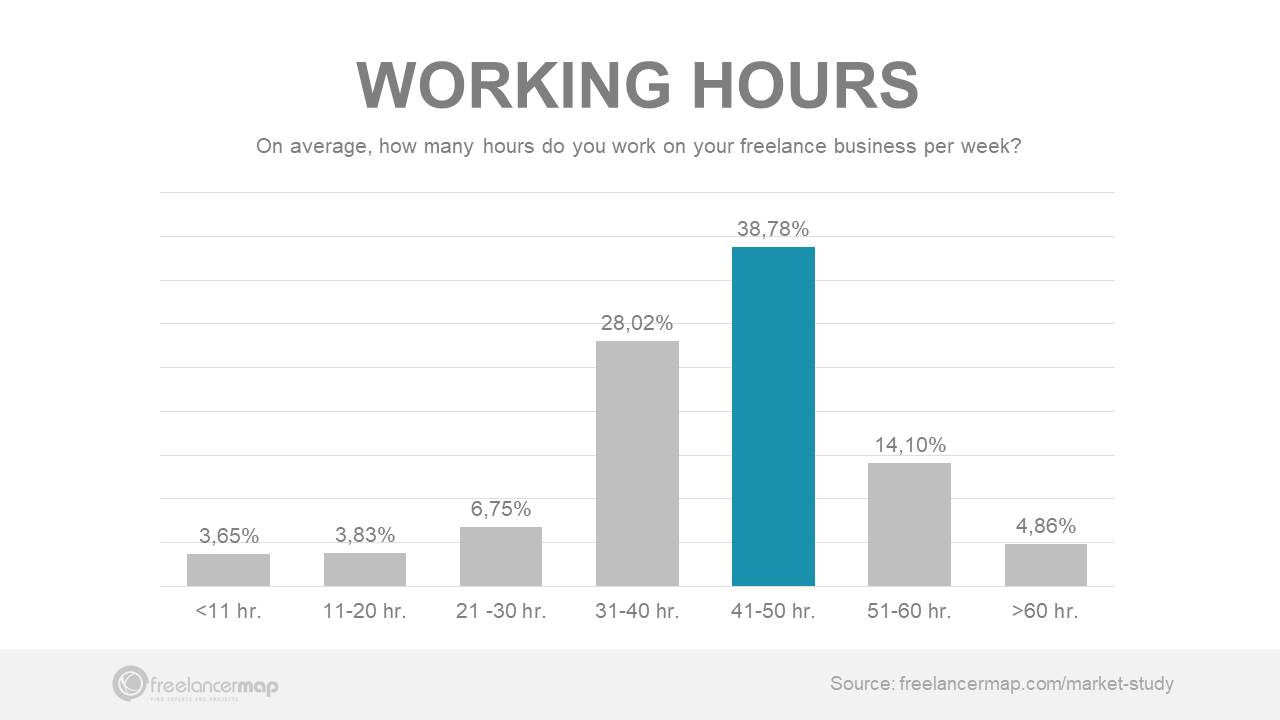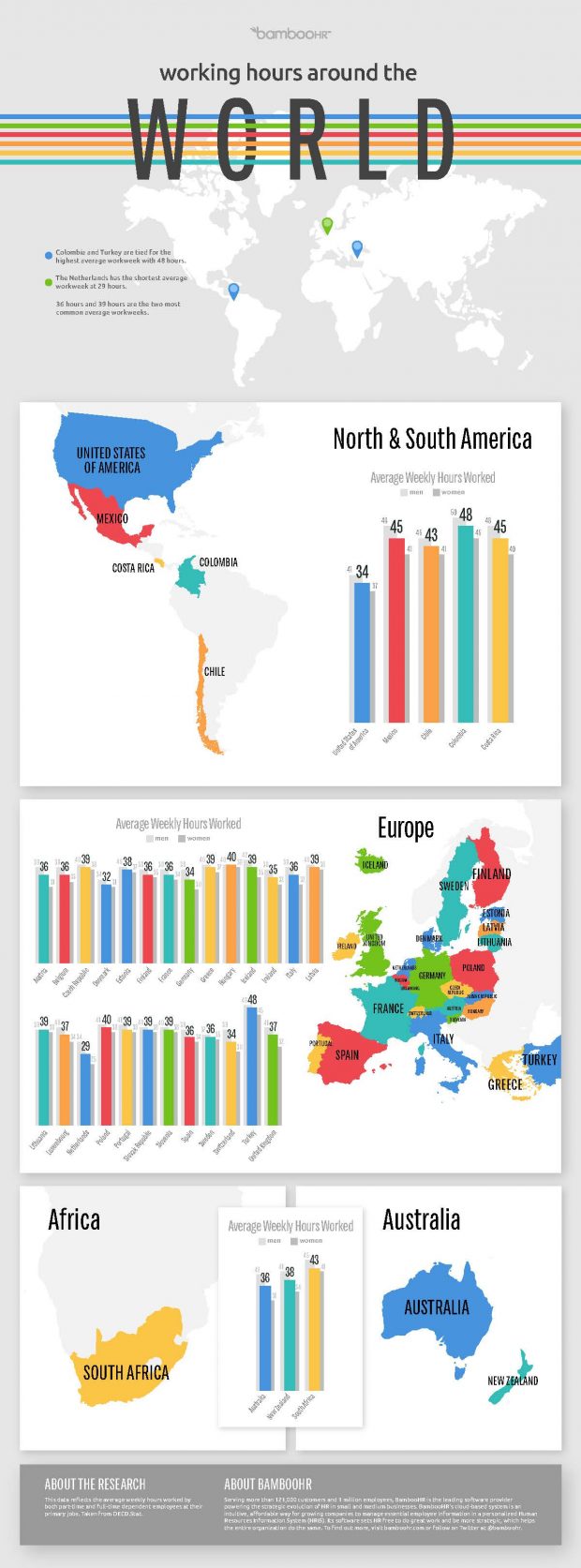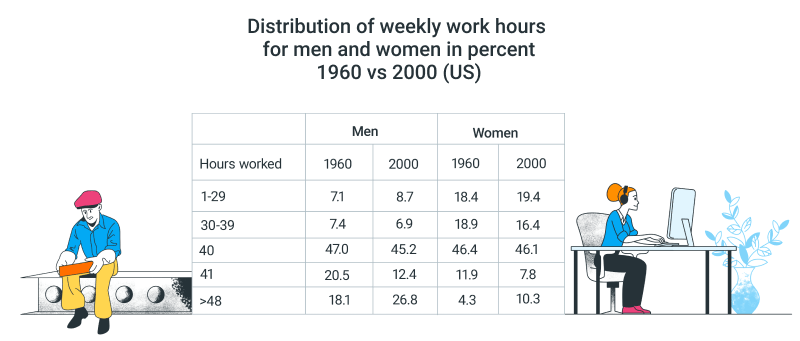

Sleep counts as working time while you're on call at the workplace. If your employer says you have to stay very near your workplace, for example a 5-minute drive away, this could be working time. If your employer asks you to stay at your workplace and you have to be available to work when they ask, all the time you're on call counts as working time.

You only have to work on call if it's in your contract. You employer might ask you to work 'on call', also known as 'on standby', outside your usual working hours. You shouldn't count any unpaid overtime you do without being asked, such as staying late to finish something off or work you've taken home. You only have to work overtime if your contract says so. Working overtime means doing more than the normal working hours fixed in your contract.

When you're adding up your working hours, you should count any overtime you've agreed to do. You can check what rest breaks you should get if you're not sure. Working time doesn't include rest breaks, so you shouldn't count any time you spend on breaks during or between shifts. You should also leave out any lunch breaks that you choose to work through. You should leave out any lunch breaks where you don't have to do any work. You should only count lunches in your working time if you were actually working, for example having lunch with a client. The time she spends in training counts as working time, even though it's outside her normal working hours. Her employer asks her to do a training course on a Saturday. Sarah works part-time on weekdays in a shop. You can't count training you've decided to do in your personal time as working time even if it's related to your job, for example evening classes. Your employer might be able to make you do job-related training outside your normal working hours if it's in your contract. It doesn't matter if your employer is paying for the training or not. You can count time spent on job-related training as working time if your employer has agreed for you to do the training. If you work at the same location each day, you can't count your normal travel time between home and work. If you don't have a fixed place of work, for example if you provide care for people in their own homes, you should count the travel time between home and work as working time. If you travel as part of your job, for example as a sales rep or care worker, you should count time spent travelling between appointments as working time. Find out what rest breaks you're entitled to. You should leave out any time you've taken off work and rest breaks when no work is done. You should include any time you spend on work you've agreed to do for your employer. Check what counts towards your 48-hour limit If you're not sure which maximum working hours apply to your job, you can get help from your union or contact a specialist employment adviser at Acas. a senior manager or executive where your working time isn't measured and you're in control of your decisions.airline staff like cabin crew or pilots.a domestic servant in a private household.

#AVERAGE WORK HOURS PER YEAR DRIVER#
a lorry, coach or heavy goods vehicle driver.You're not covered by the 48-hour limit if you're: Find out what you can do if you want to cancel your opt out agreement. If you opt out of the working time regulations, you might have to work more than 48 hours a week on average. It's your decision - your employer can't make you opt out. If you want to work more than 48 hours a week, you can sign an agreement to opt out of the maximum weekly working time limit. It doesn't matter what your contract says or if you don't have a written contract. Your employer can't make you work more than 48 hours a week on average. Check if the 48-hour working time limit applies to you If you think you're not being paid properly for the hours you work, find out what to do if you're having problems getting paid. If you need to, you can check if you're getting the national minimum wage on GOV.UK or speak to an adviser at your nearest Citizens Advice. Check your rights at work if you're under 18. If you're under 18, there are special rules about how many hours you can work. calculate your average weekly working hours.check what activities you should count as working time.check if the 48-hour maximum working time limit applies to you.There are 3 steps to checking your working hours: If you're working less than 48 hours and feel like you're working too much, find out what to do if you're working too many hours. your employer has asked you to opt out of the 'Working Time Regulations'.your employer wants you to work more than 48 hours a week.you think you're working more than 48 hours a week.You might need to calculate how many hours you're working if:


 0 kommentar(er)
0 kommentar(er)
